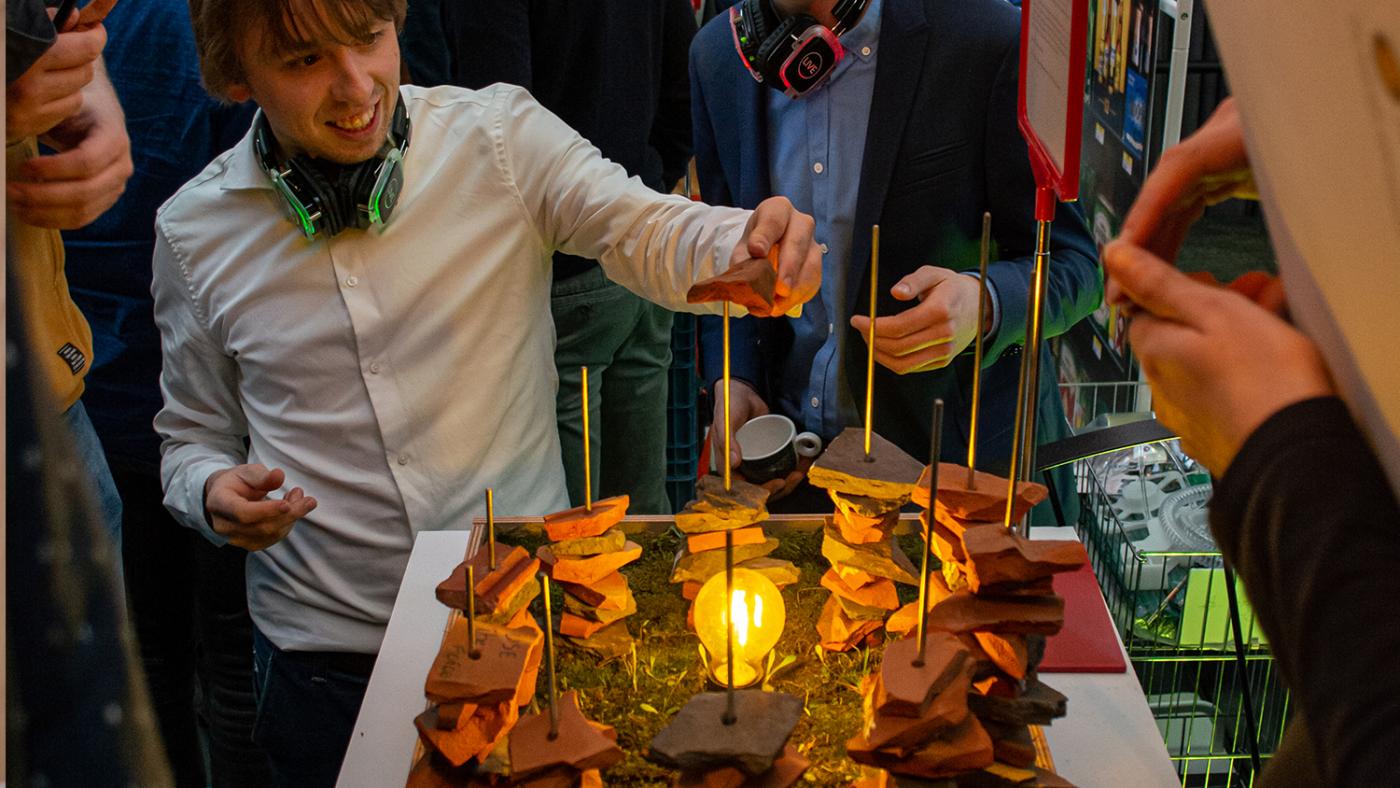Mixed Classroom wins the second prize of the Dutch Higher Education Awards

Major awards for top researchers have been around for quite some time, but the Dutch Minister of Education, Ingrid van Engelshoven, would also like to stress the importance of good education, which is why her ministry has set up the annual Dutch Higher Education Awards.
The original plan was to award two individual prizes of 2.5 million euros each, but criticism made the ministry take a U-turn and divide the budget of 5 million euros in the following way: 2.5 million euros for three university teams and the other half for three teams from universities of applied sciences.
The prizes were awarded during the ComeniusFestival, and come in addition to the smaller Comenius grants that have been awarded annually since 2018 to top lecturers. All winners become members of the ComeniusNetwork, which aims to be a mouthpiece for innovative teachers in higher education. With the winners of the Dutch Higher Education Awards, the number of members will grow to approximately 250.
Universities
The first prize of 1.2 million euros went to the TU/e Innovation Space within the Eindhoven University of Technology, a learning center for educational innovation where students, researchers, businesses and organizations work in interdisciplinary teams to find solutions for important social issues, such as those related to the coronavirus pandemic. Explaining the win, the jury called the way in which the learning center has been designed “unique for the Netherlands and even for Europe”.
Mixed Classroom, the UU project in which students, policymakers, scientists and artists learn “from and with each other” about issues of the future that require a multidisciplinary approach, received the second prize of 800,000 euros.
The third prize (500,000 euros) goes to Eramus University's RASL-minor, a collaboration with two art academies: the Willem de Kooning Academy of the Rotterdam University of Applied Sciences and the Codarts University of Applied Sciences. In this minor, students from different disciplines work together on a social problem of their own choosing. The idea is to expand it into a fully-fledged Bachelor's and Master's degree.
Universities of Applied Sciences
The first prize (1.2 million euros) went to LeerLevels, an app developed by a team of Physics and Technology teachers from the Amsterdam University of Applied Sciences. The app detects knowledge gaps in (prospective) freshmen and offers instruction videos, exercises, and one-on-one guidance to solve them. The developers intend to make LeerLevels freely available via open source so that other courses can also benefit from it.
The second prize (800,000 euros) was awarded to the Open ICT Team of the Utrecht University of Applied Sciences. The tool allows students to work on real projects for ICT companies from the beginning of their degree.
The third prize (500,000 euros) went to Windesheim's Team Value Creators, which prepares students for an international career as agents of change contributing to a sustainable world. The students are free to choose the issues they will work on.